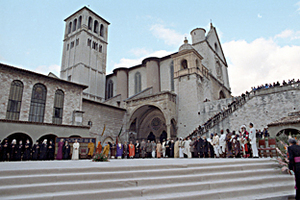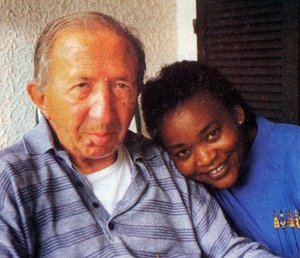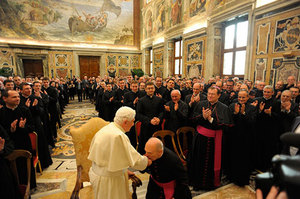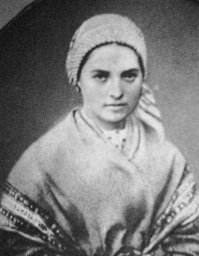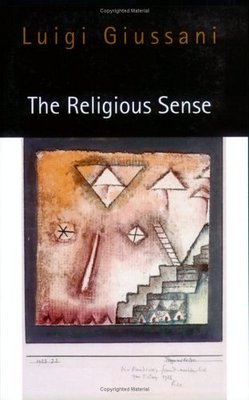The head of the Communion and Liberation Movement, Father Julián Carrón wrote an editorial for tomorrow’s (July 14, 2011) edition of the L’Osservatore Romano about the forthcoming Day of Prayer in Assisi on October 27, recognizing the theme of peace and justice.
The Day for
Reflection, Dialogue and Prayer for Peace and Justice in the World, convoked in
Assisi next October 27 by Benedict XVI is an audacious gesture, just as Blessed
John Paul II’s initiative was, 25 years ago.
“In the name of what can (Pope
Wojtyla) call exponents of all religions together to pray in Assisi?” asked Don
Luigi Giussani twenty-five years ago. He answered, “If one understands the
nature of man, the heart of man, it is his religious sense, it is in the
religious sense that all men find equality and identity. The most profound
meaning in the human heart is religious sentiment, destiny on the one hand and
the usefulness of the present on the other. If we want to use the right terms,
a sense of religion is the only sense which is truly catholic, which means
suitable for everyone and belonging to everyone.”
Continue reading Truly an ecumenical approach born from the good news of Christianity
